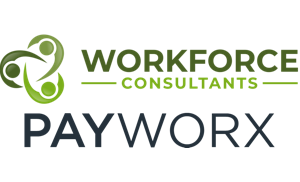
| Culture Trumps Performance (CtP) — Nearly 60% of HR professionals say they would hire a high performer who did not fit into the company culture or get along with their team. | Mentoring (M) — 20% of millennial employees claim having a mentor or sponsor was a useful aspect of their employer’s onboarding strategy. | Retention (Re) — A pleasantly surprising 86% of HR professionals and 79% of managers are confident in their ability to retain current talent, while 44% of employees say they have no intention of leaving their current workplace. |
| Appreciation (Ap) — 55% of employees say receiving a simple “Thank you” from their manager gives them a high sense of satisfaction at work. | Pay and Benefits (Pb) — Nearly a quarter of employees say that, excluding pay, better benefits elsewhere is the top reason they would leave their current company, while 36% of managers say paying employees more is an important retention strategy. | Career Development (Cd) — More than 40% of HR professionals say funding career development courses is an important strategy in retaining employees. |
| Friendships (F) — When asked how important friendships at work are to impacting their performance, 64% of employees say they are important or very important. | Rewards and Recognition (R²) — HR professionals (45%) say offering more rewards and recognition to top-performing employees is an important strategy for retention. | Onboarding (On) — While 67% of HR leaders say that they have a formal onboarding strategy, only 13% of employees concur that their companies have a formal onboarding strategy, exposing a major disconnect. |
| Boomerangs (Bm) — Nearly half of HR professionals claim their organizations once had a policy against rehiring former employees. Now, 76% say they are now more accepting of hiring “boomerang employees” than in the past. | Wellness (FiT) — Wellness programs are increasingly critical, with 23% of HR professionals and 25% of managers citing the importance of health programs. | Travel Opportunities (OOO) — A quarter of HR professionals and 21% of managers say offering employees the opportunity to travel is a strategy used to retain employees. |
| Leadership (Ld) — HR professionals and managers both say that the most important aspect of their workplace culture is having managers and executives who lead by example. | Flexibility (Fx) — 24% of HR leaders and 35% of managers recognize that providing employees with more exibility is an effective strategy for retaining them. | Work Exchanges (Ex) — Nearly one-third of HR professionals and 25% of managers say offering rotational programs, whereby employees can “try out” different roles within a company for a determined length of time, is an effective strategy for retaining workers. |
| Innovation (In) — While 63% of managers and 62% of HR leaders say their organizations encourage employees to bring new ideas to the table, only 40% of employees agree. | Me Time (Me) — A whopping 83% of employees say their workload does not prevent them from engaging in personal activities at home or in the office. | Younger Professional Programming (Yp2) — HR and managers agree that Millennials and Gen Zers are hardest to retain. Developing employment programming designed with younger generations in mind and actively seeking their input can help keep younger workers engaged. |
| Active Feedback (Af) — Nearly half of both HR professionals and people managers actively seek feedback from employees to preserve and strengthen their workplace culture. | Generational Awareness (Ga) — More than 40% of HR professionals claim they change how they promote the company and culture based on what they feel will appeal to the candidate. | Internal Promotions (Ip) — One-third of HR professionals and 31% of managers say that hiring more internally is a strategy they use to retain employees. |
| Empathetic Managers (Em) — Nearly one-quarter of employees say a flexible manager is an important part of supporting their work-life balance. | Time off (To) — Almost one-third of employees say time off – whether paid or unpaid – is the best way their employer could support their work-life balance. | |
| Customer-First (CuF) — More than 40% of HR professionals and people managers say they look to their customers and the market to seek insights for innovation. | Work-Life Balance (Wl) — Work-life balance was the third most important aspect of workplace culture cited by employees (40%), behind only pay (50%) and co-workers who respect and support each other (42%). |




